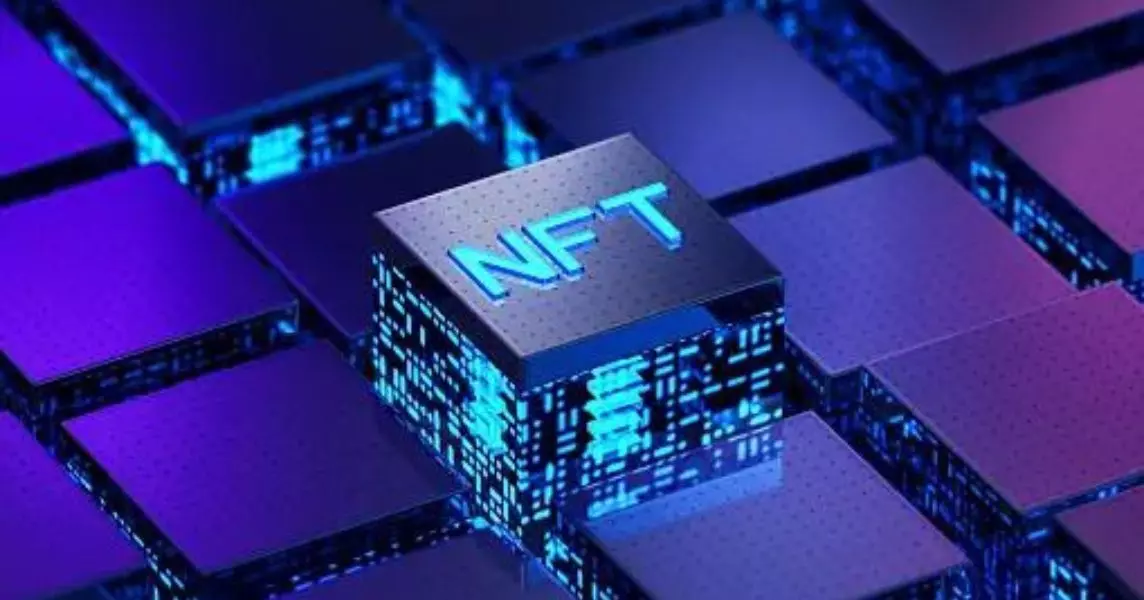
What are Non-Fungible Tokens?
In November 2021, Amitabh Bachchan’s NFT collections, including the iconic “Madhushala,” and autographed posters, sparked a bidding frenzy that culminated in a staggering $520,000 (approximately Rs 3.8 crore) in bids on the very first day of the auction. The auction signaled a transformative juncture for India’s transition into the Web3 space.
While strolling down Oxford Street in London, I stumbled upon a shop where NFTs were put for sale. I wondered if I could purchase these digital assets in physical stores. The world is moving quickly, and we should keep pace with these developments.
Today, screens have become our windows to reality and a new digital revolution is reshaping how we perceive and interact with art, music, and collectibles. Welcome to the age of NFTs, where the intangible becomes tangible, and the virtual world gets a taste of ownership.
Simply put, NFTs are digital certificates that confirm ownership of a unique digital item or piece of content. These items can be anything from digital art, music, and videos to virtual real estate in online games. NFTs use blockchain technology to verify and record ownership, making it clear who owns these digital assets.
It is no surprise that our most cherished possessions have followed suit. Enter NFTs, the digital keys that unlock an entirely new realm of ownership. Imagine owning a piece of digital art, a rare in-game item, or even a tweet from your favourite celebrity. With NFTs, you do not just own a copy, you own the original, minted on the blockchain for all to see.
Artists worldwide have grappled with the dilemma of making a living from their craft. NFTs offer a lifeline by allowing artists to directly connect with their audience and monetize their work without intermediaries. This newfound artistic freedom is liberating creators from the constraints of traditional galleries and record labels.
The ability to tokenize and sell digital art has democratized the art world, making it accessible to a global audience. Emerging artists can now showcase their work to the world without waiting for the elusive gallery invite or record deal. NFT marketplaces provide a platform where talent can rise based on merit rather than connections.
Collecting has always been a human passion, from stamps to baseball cards. NFTs bring this age-old hobby into the digital realm. Whether owning a rare CryptoKitty, a virtual piece of land in a metaverse, or the first tweet ever sent, NFTs enable collectors to curate their digital troves.
What is fascinating is that NFTs are not confined to a single platform or game. Your NFT collection is portable across compatible applications and virtual worlds, allowing you to showcase your treasures wherever you choose.
NFTs have massive potential in the gaming sector. It is expected that gaming NFTs will witness a surge in ownership and community involvement in the near future. This expectation is fueled by the emergence of rare, exclusive NFT collections and assets that particularly appeal to gamers eager to pursue their treasures and expand their collections.
Assets such as in-game characters, items, skins, and even entire virtual landscapes can be exchanged, created, or auctioned much like other in-game collections, potentially boosting real-world earnings for gamers. Moreover, the potential for these assets to be auctioned for substantial sums of money presents benefits for gamers and investors.
Musicians and content creators have also found a haven in NFTs. Musicians can sell limited edition NFT albums, granting exclusive access to their art. Content creators can tokenize their work, allowing fans to support them directly while receiving unique digital collectibles.
As with any new technology, NFTs face challenges and controversies. Their use can fuel concerns. Environmental concerns surrounding the energy consumption of blockchain networks used for minting NFTs have raised questions about sustainability. There have been cases worldwide related to fraud and scams through NFTs.
While NFTs are not inherently illegal, their use and transactions may encounter legal scrutiny depending on various factors. One significant consideration is the intellectual property rights associated with the digital assets represented by NFTs. Issues such as copyright infringement, ownership disputes, and licensing agreements may arise, especially when NFTs are created based on existing artworks, music, or other copyrighted materials.
Additionally, the regulatory framework governing securities and financial transactions may come into play, particularly concerning the sale and trading of NFTs as investment assets. As the popularity of NFTs continues to grow, regulatory bodies worldwide are increasingly scrutinizing the space to ensure consumer protection and prevent fraudulent activities.
Though NFTs have somehow transformed how we perceive and interact with digital assets, their full potential is yet to be realized. NFTs can help prove ownership, authenticity, and provenance for physical assets, bridging the gap between the digital and physical worlds.
The future teems with possibilities, with NFTs emerging as a pivotal element poised to shape business advancement significantly. However, uncertainties persist regarding the comprehensive adoption of NFTs in the future. Therefore, businesses must remain vigilant, monitoring trading volumes and staying attuned to the fluctuations in value-added drops for desired NFTs. By doing so, they can effectively navigate the evolving landscape and stay abreast of emerging trends.
In essence, proactive engagement with NFT dynamics positions businesses to harness the full potential of this transformative technology and drive sustained growth and innovation in the digital era, whilst government and regulatory agencies can formulate a plan and come up with laws that offer maximum protection to the asset owners and safeguard their interests.
NFTs have sprouted new life to digital creativity, where artists, musicians, gamers, and collectors can thrive. They have opened doors to a world where digital ownership is as actual as it gets. The question now is not whether NFTs are here to stay, but how far we can go on the journey of digital exploration. The answer is, quite simply, limitless but with its bitter problems.
(Sanhita Chauriha is a Data Privacy and Technology Lawyer)

